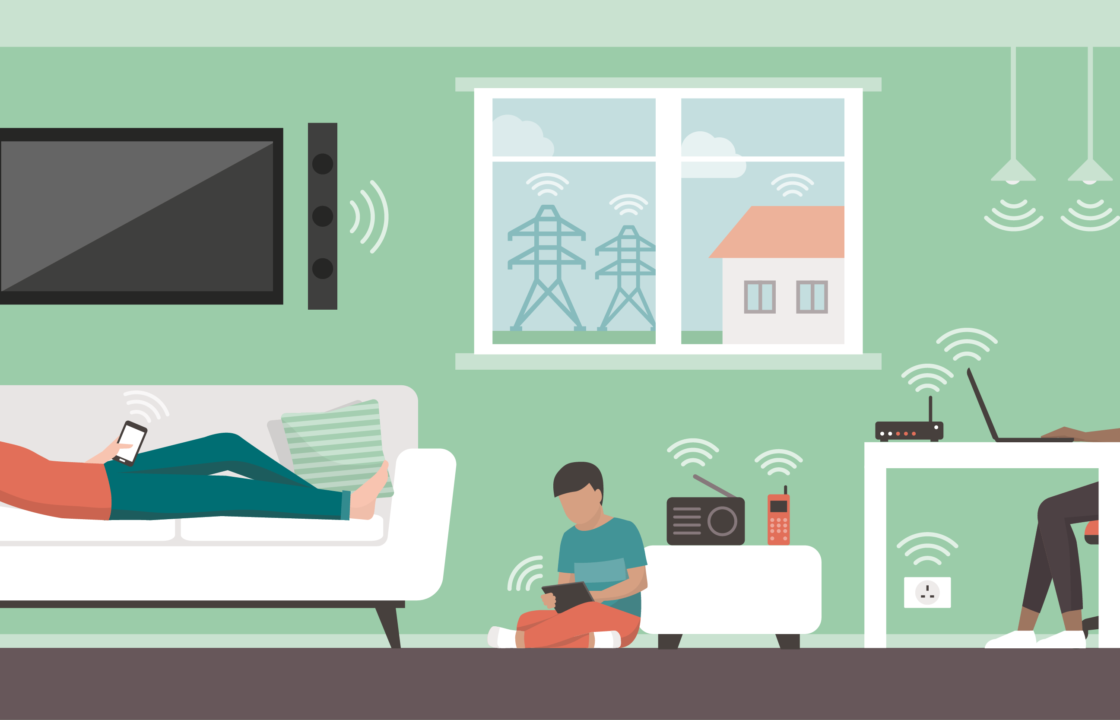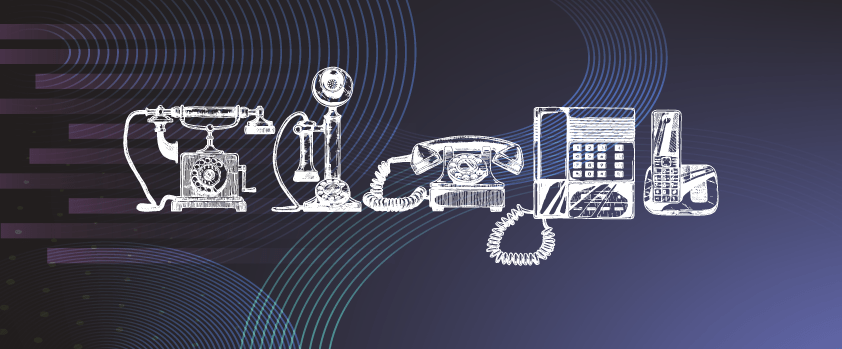AI refers to artificial intelligence technology, which now has the capability to detect human emotions. Terms such as Affective AI or Artificial Emotional Intelligence are also used to describe this technology.
Emotion detection and recognition rely on AI to process, identify and simulate human emotions and feelings. In fact, some companies are already creating emotionally intelligent AI programs, which are being utilised by a range of industries like marketing and healthcare!
In 2020 the emotion detection and recognition (EDR) market was valued at 19.87 million USD. By 2026 it’s expected to reach 52.36 million USD!
What does this mean?
Machines can be programmed to identify microexpressions in humans by analysing images or videos of us. These micro-expressions can tell a lot about how we’re feeling or our emotional response to stimuli.
Micro-expressions can often be too quick for a human to pick up on – whereas machines can notice rapid or slight changes in expressions. Unlike humans, AI does not possess empathy, which is arguably what helps us to understand emotion. Empathy combined with body language and tone, allows humans to understand the feelings and emotions of others. Although AI cannot relate to our emotions, it will eventually be able to read emotions better than us.
AI can analyse vast amounts of data at incredible speeds – so it’s able to swiftly pick up facial expressions or body language. With so much of our time spent around technology – sending photos, taking video calls, and using virtual assistants such as Alexa and Siri – it’s no surprise that AI is catching up to us.
This development of affective AI is not new. In fact, the study dates back to Rosalind Picard’s paper on affective computing, which was published in 1995.
Which industries are already using Emotion AI?
Marketing and advertisement
To market products effectively, customer interaction and user experience are important analytics to measure and record. Tailoring advertisements to the customer based on their emotional response may enhance the customer experience. People are less likely to show interest in a product if it creates negative feelings. Therefore, it can be beneficial to marketers, for AI to understand how we respond emotionally when presented with particular ads and products. This can allow companies to adapt accordingly, and improve target market research. Imagine your mobile device detecting your mood and presenting you with an ad that is fitting to how you are feeling!
Healthcare
Healthcare services can also benefit from AI. Due to the emotional intelligence these machines have, they can respond to our human emotions accordingly. This could be utilised in sectors like mental health services, by analysing a patient’s mental state by understanding when a person is experiencing anxiety, pain, stress, and subconscious behaviour.
Should we be worried or excited about affective AI?
The thought of our world being shared with AI can make some people uncomfortable. This may come from the fact that they replicate human-like features but are not quite like us. Not to mention many of us have watched films that don’t necessarily build our trust in robots. However, there’s a lot to be excited about in seeing how they can be utilised in improving our lives. Also as the saying goes, the machine is only as good as its programmer…
We at MTH Networks love to embrace technology. Let us know what you think in the comment section. Does emotionally intelligent AI make you excited or hesitant?
References: https://www.mordorintelligence.com/industry-reports/emotion-detection-and-recognition-edr-market




